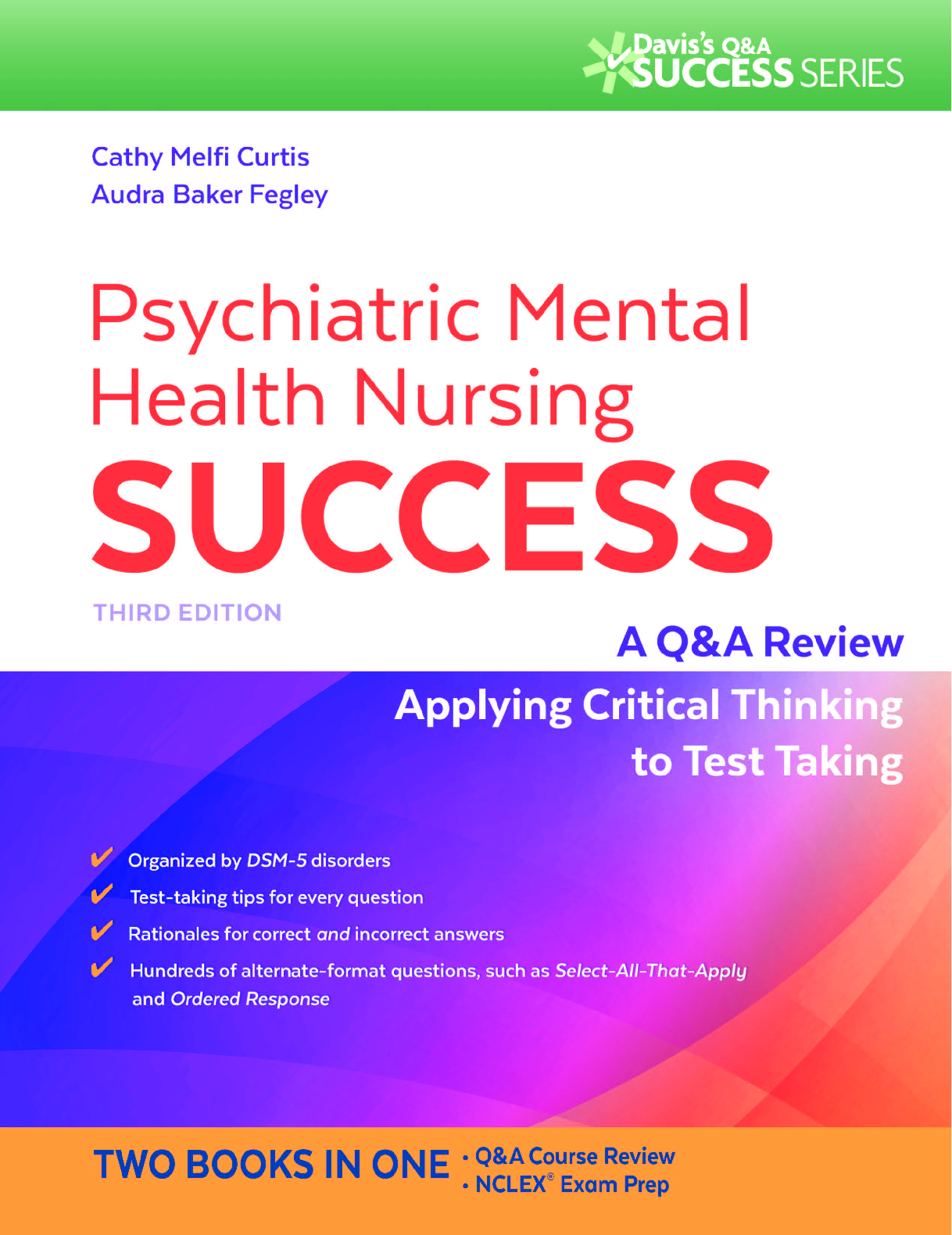Psychiatric Mental Health Nursing Success
Course
Project Management
Subject
Chemistry
Category
Study Notes
Pages
1668
Uploaded By
ATIPROS
Preview 1 out of 1668 Pages

Download all 1668 pages for $ 16.00
Reviews (0)
$16.00
